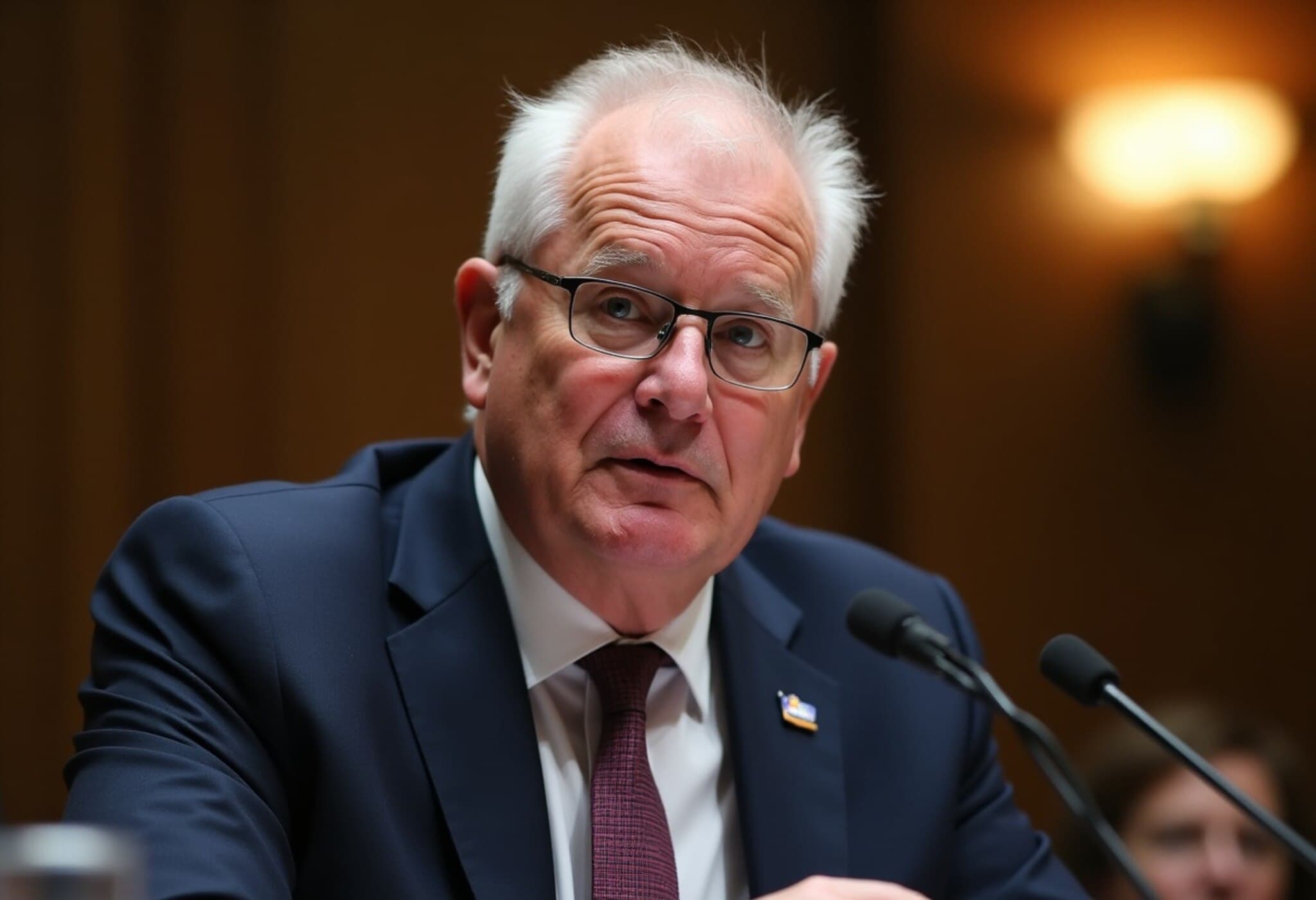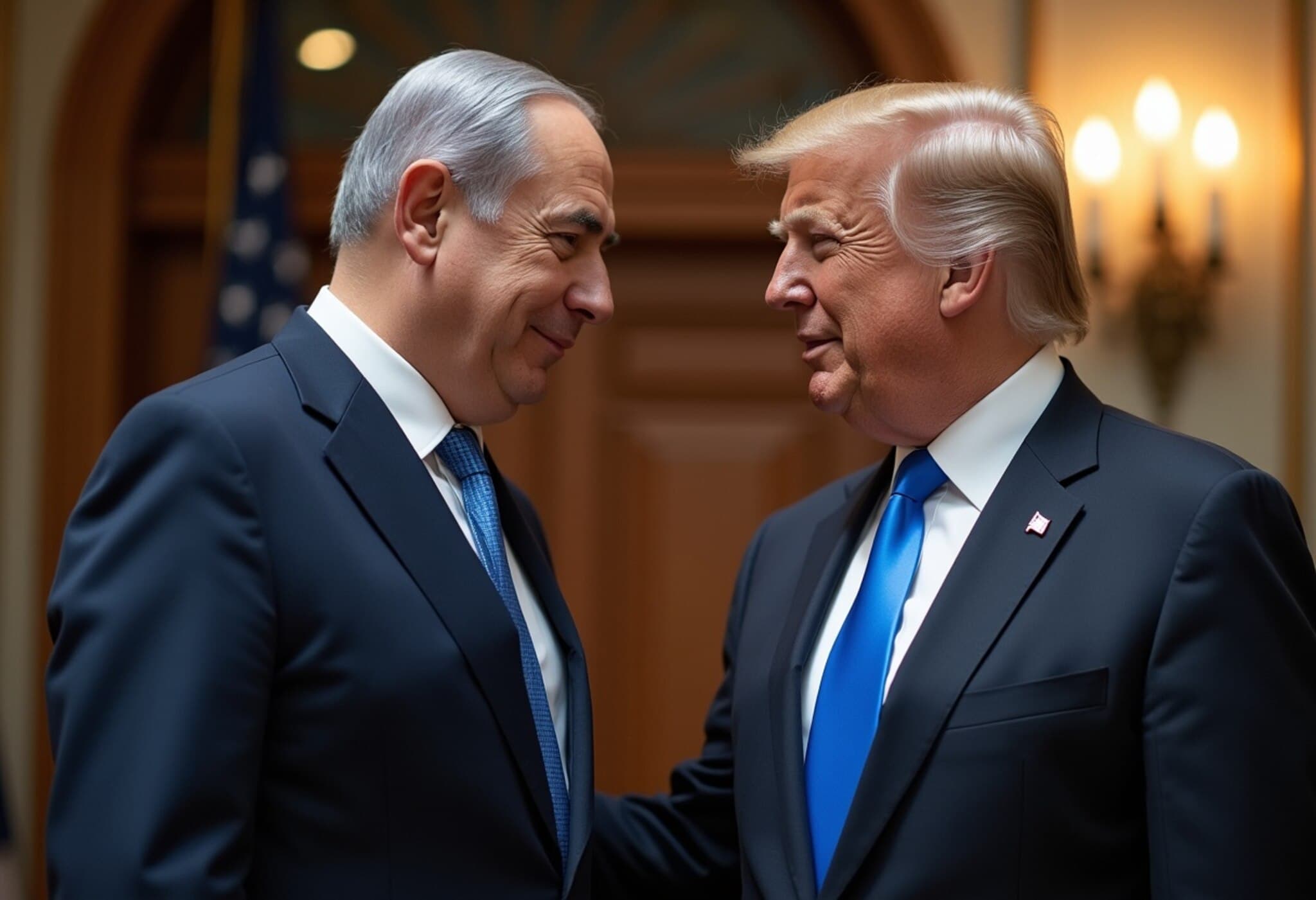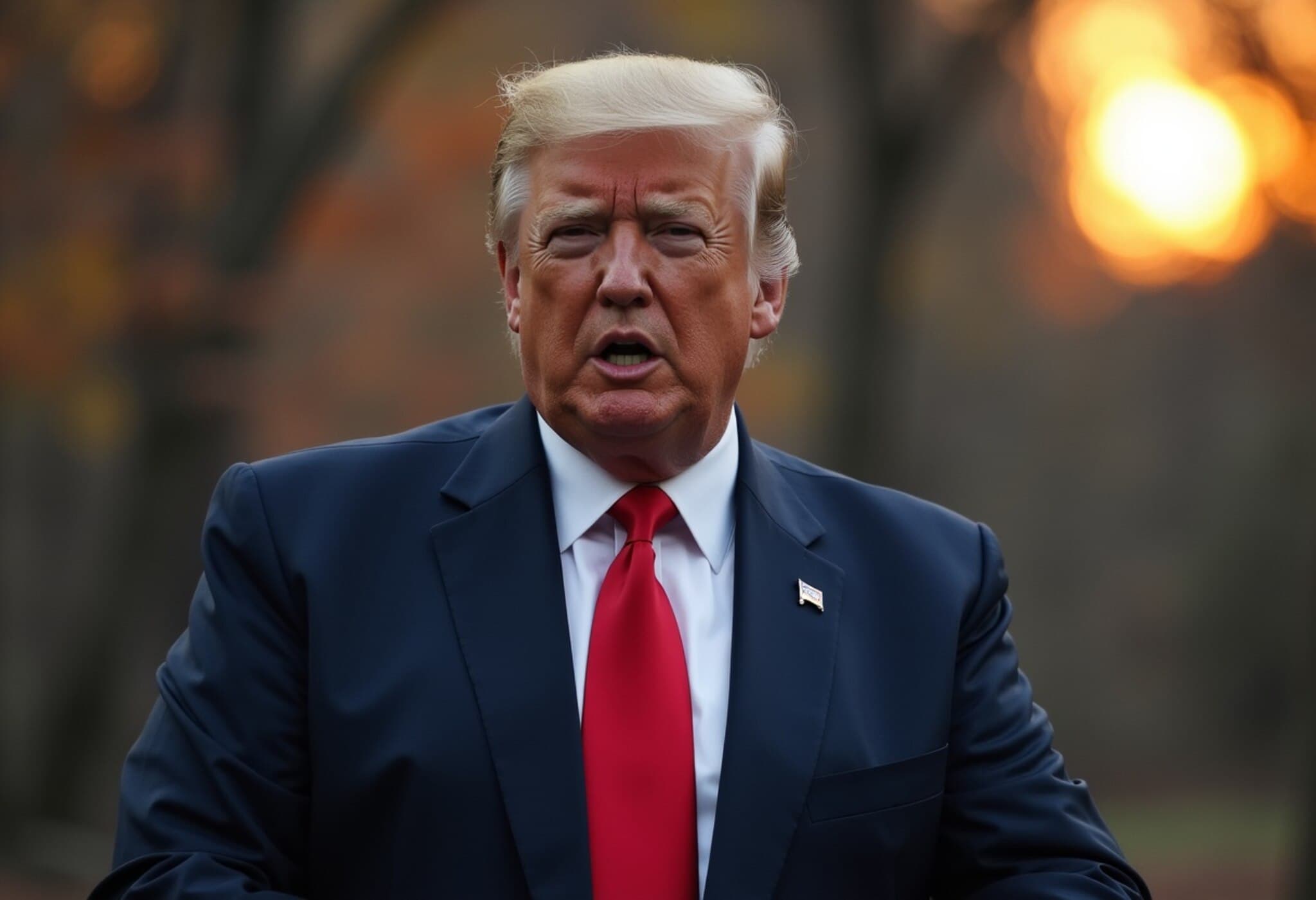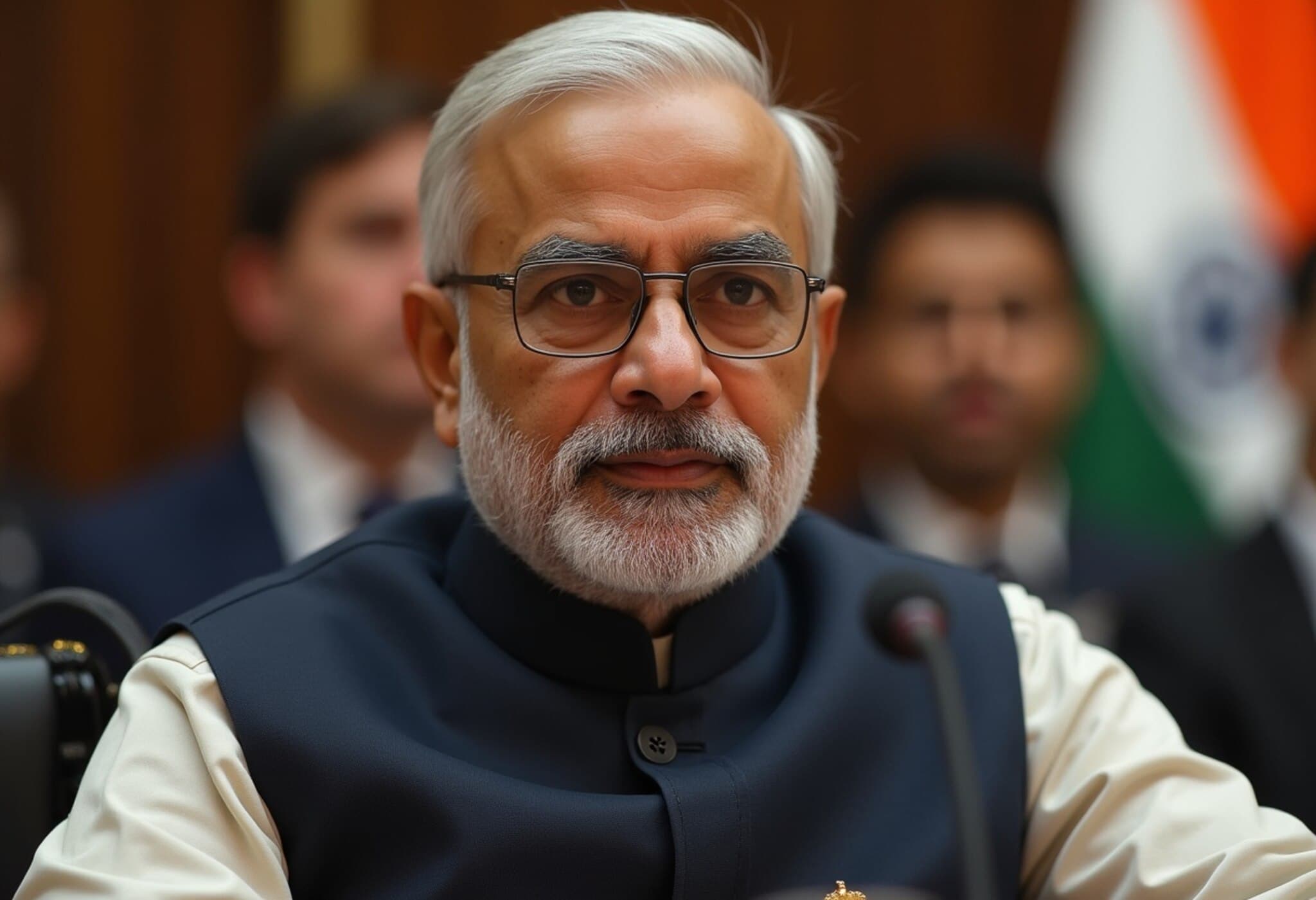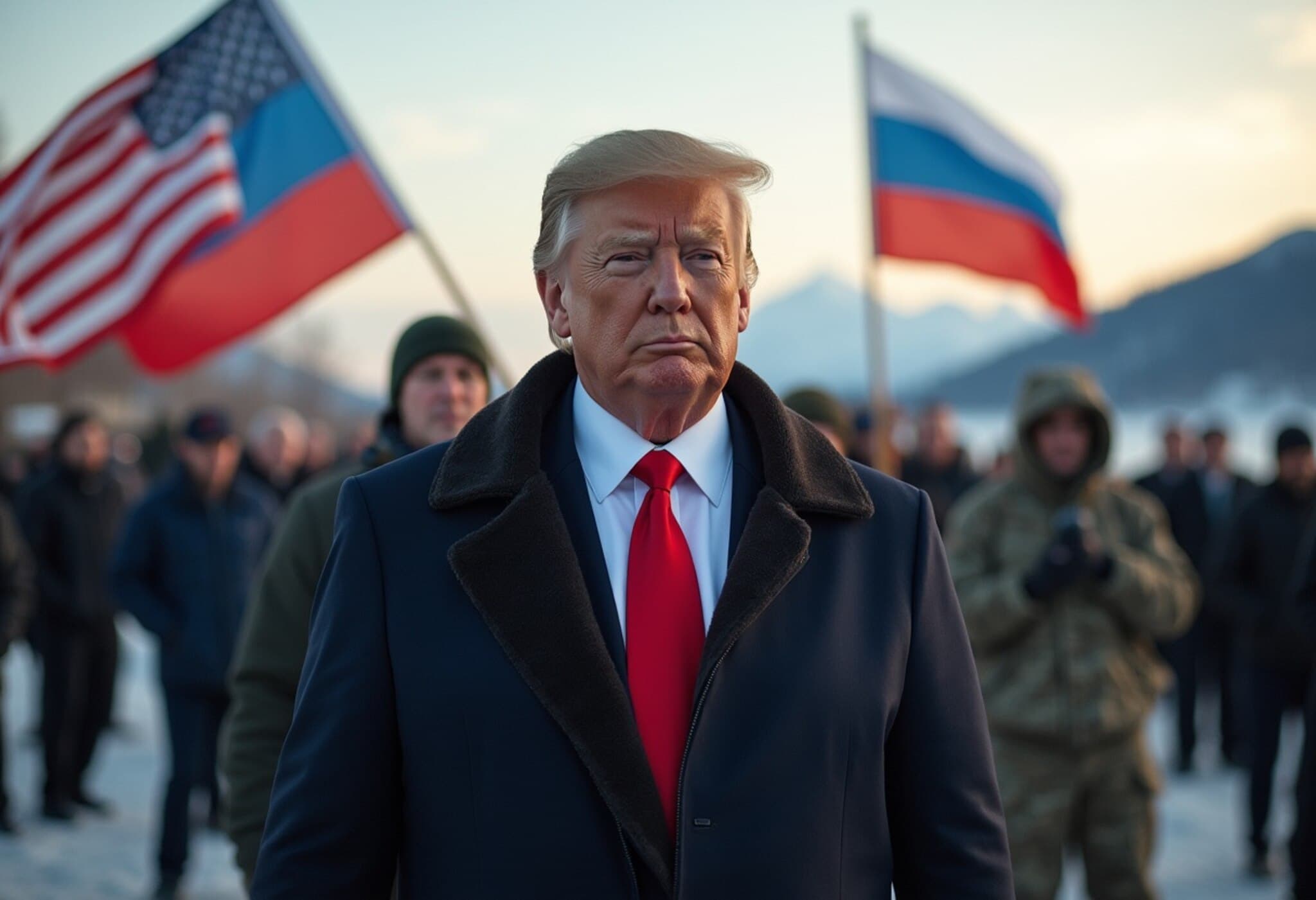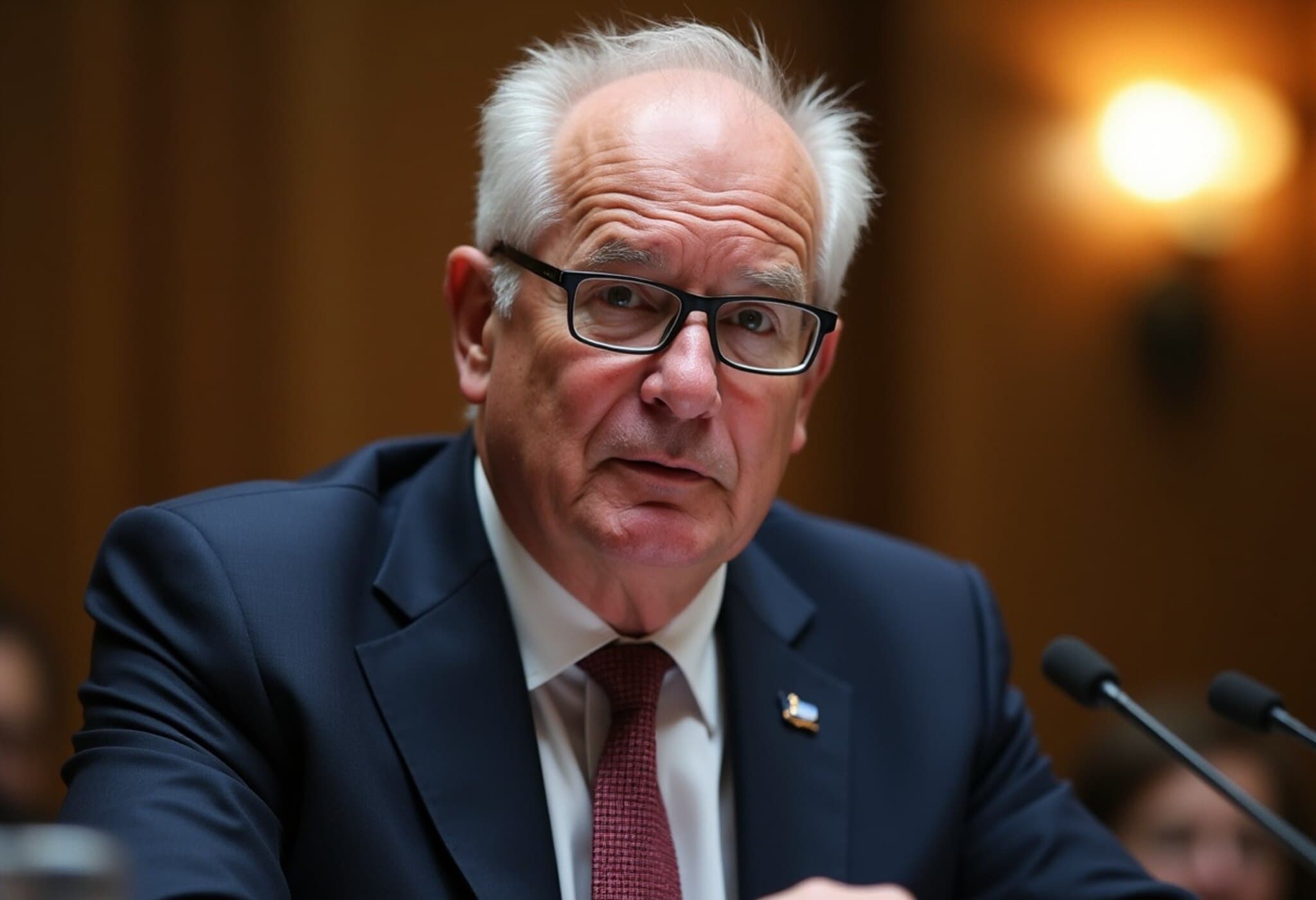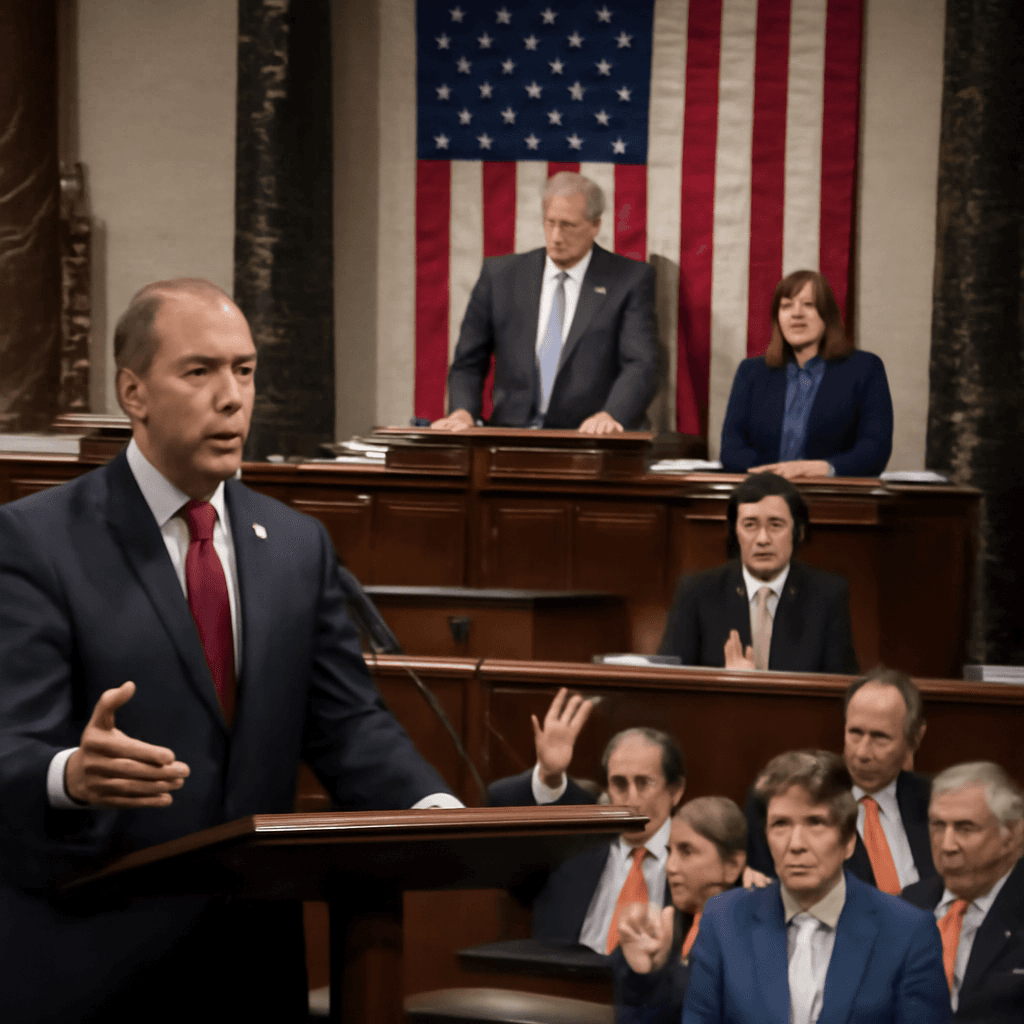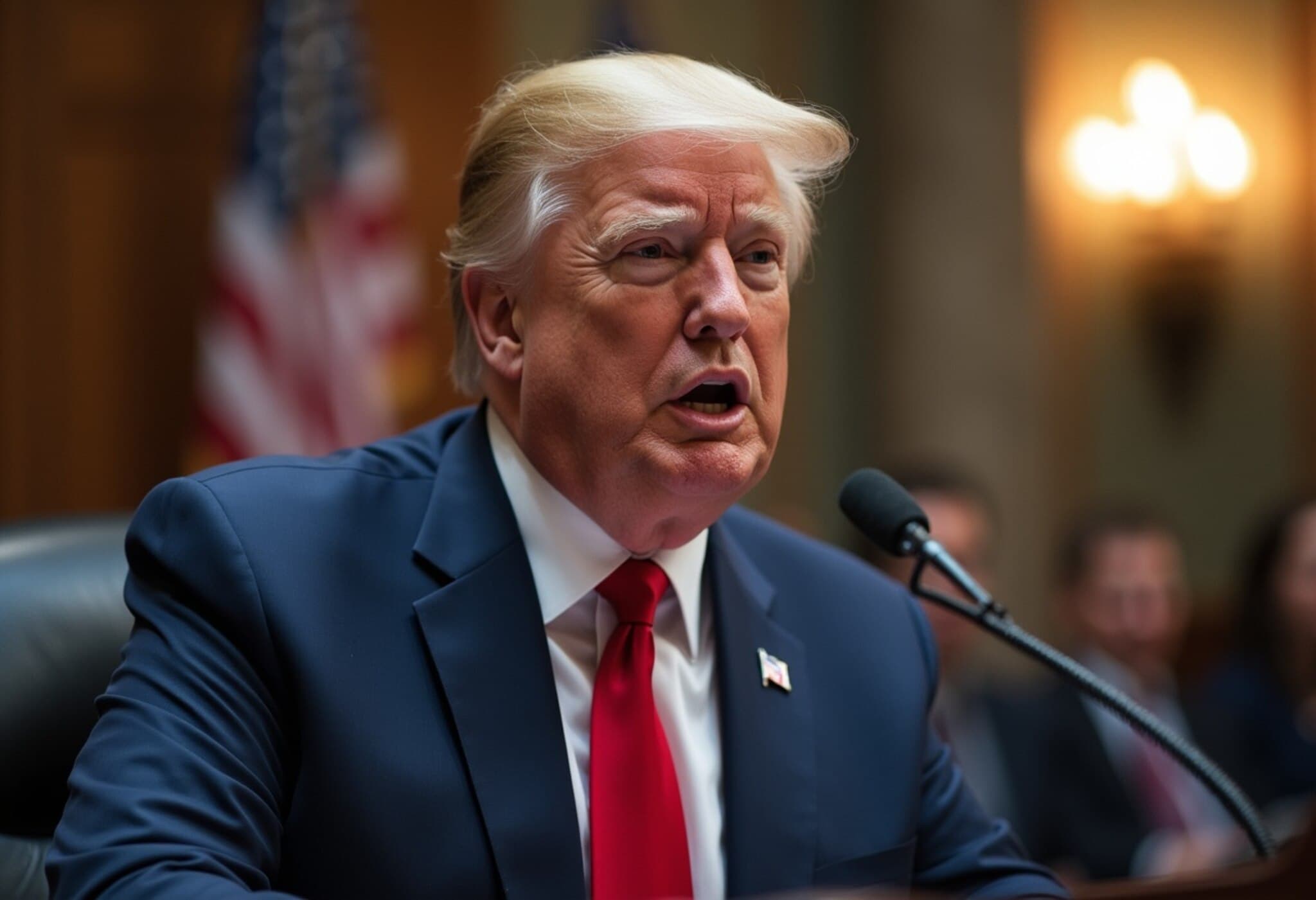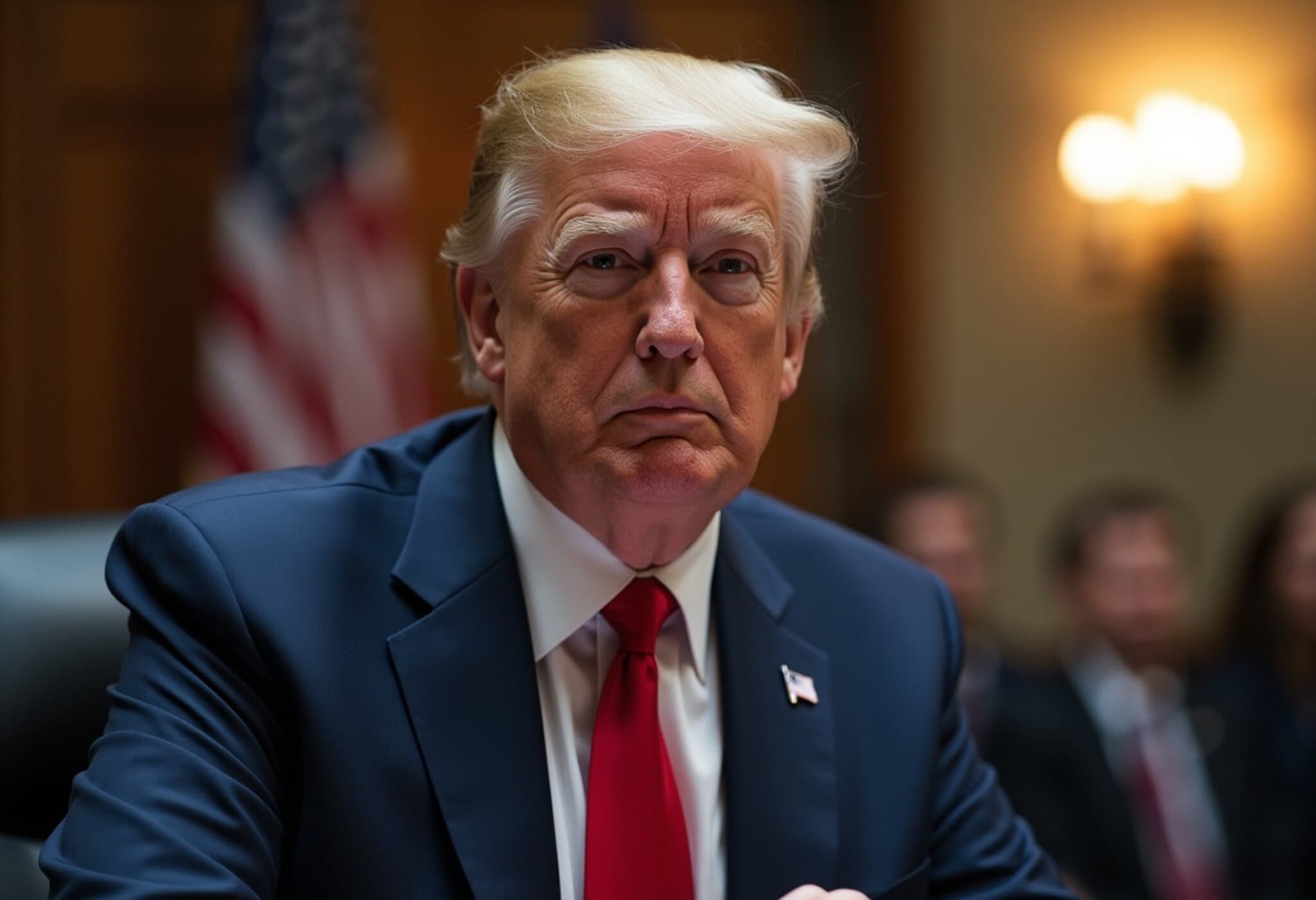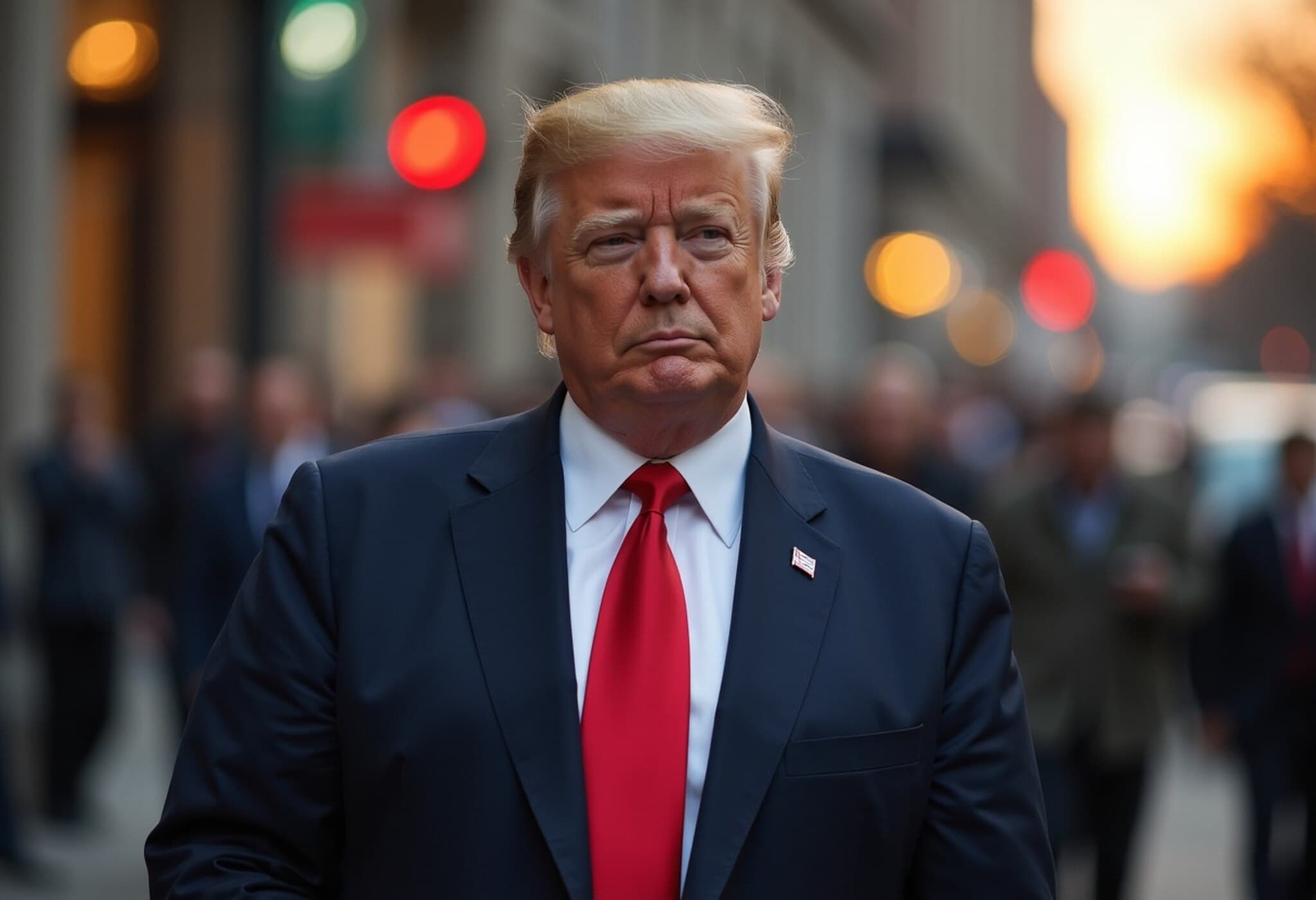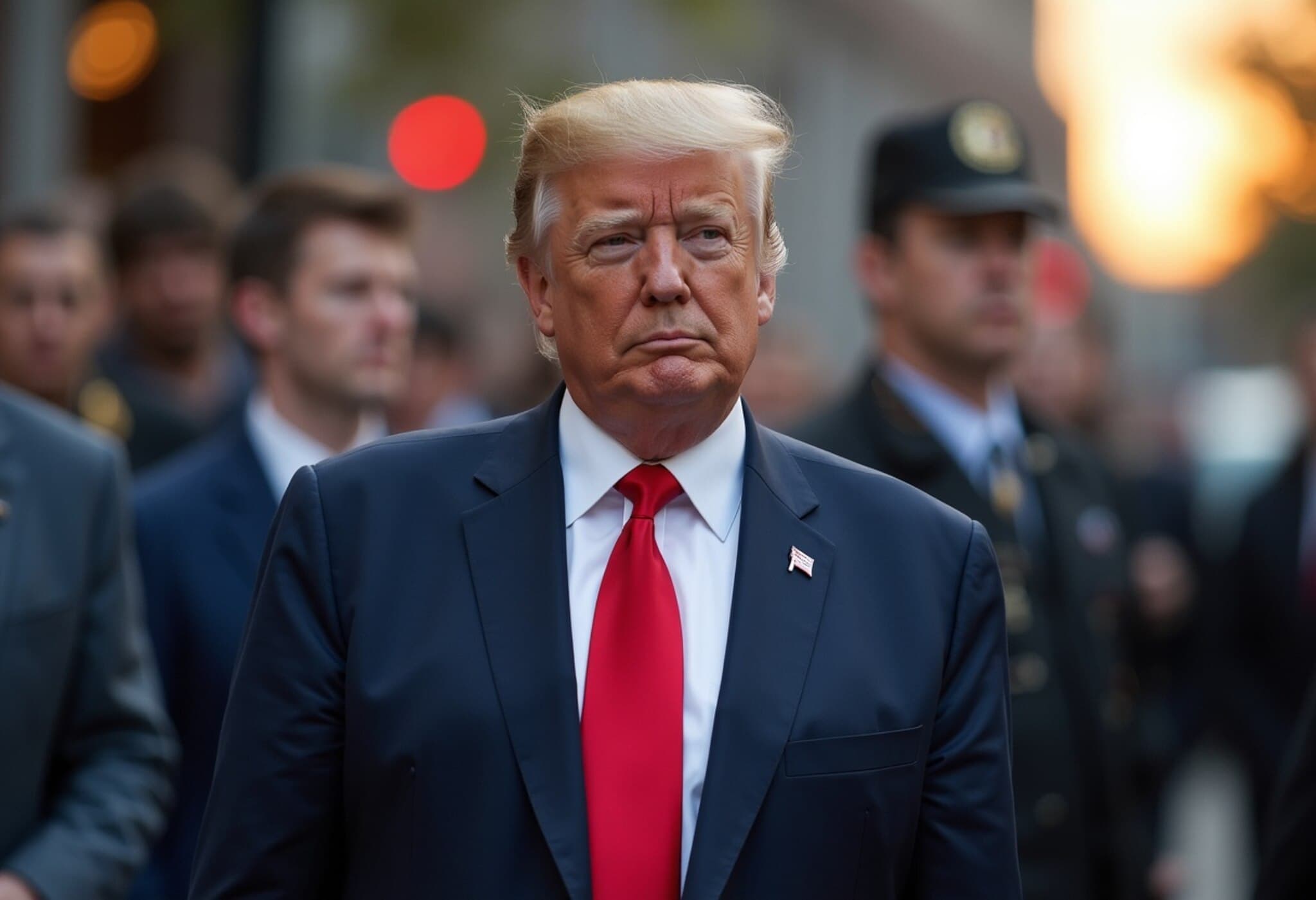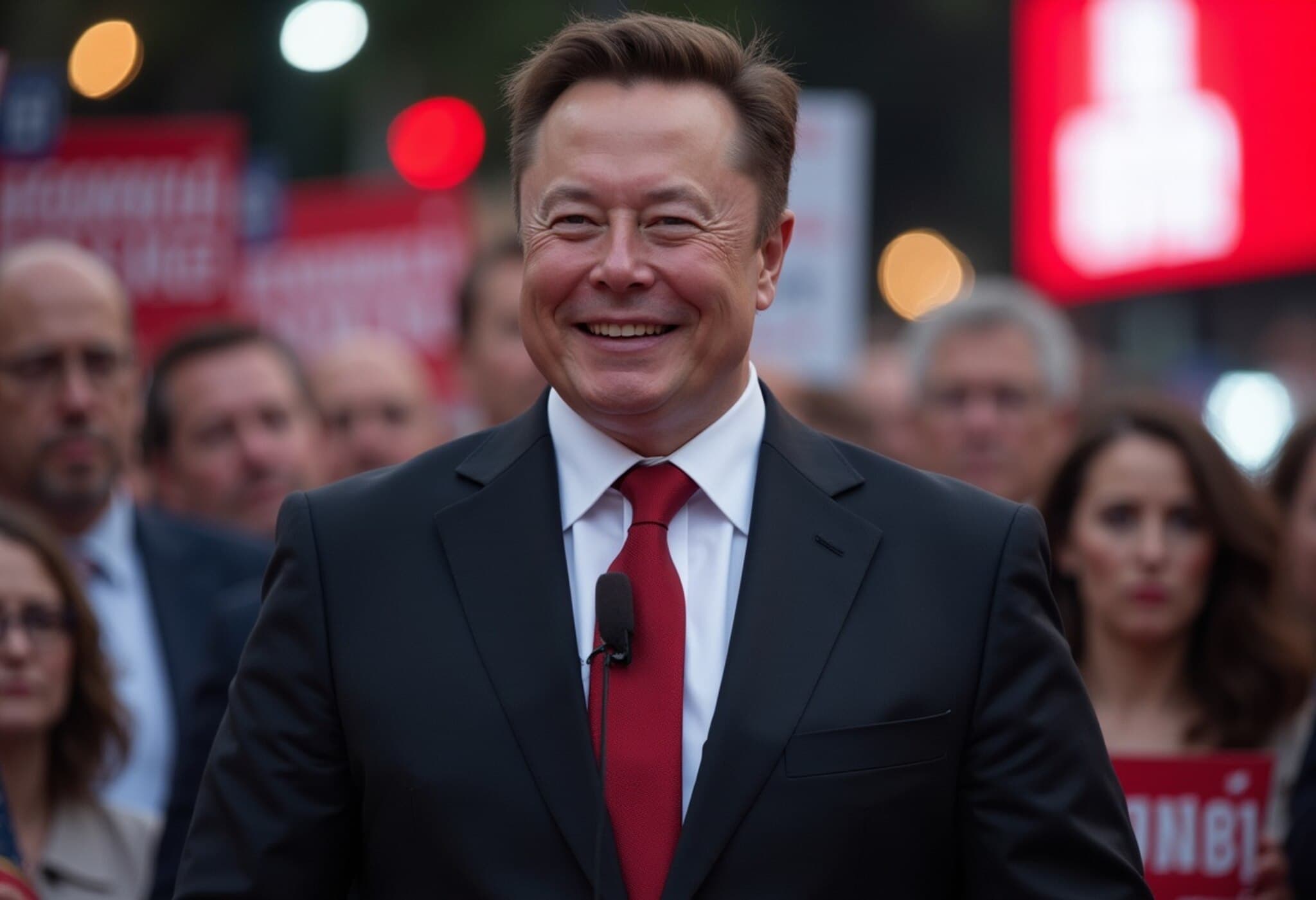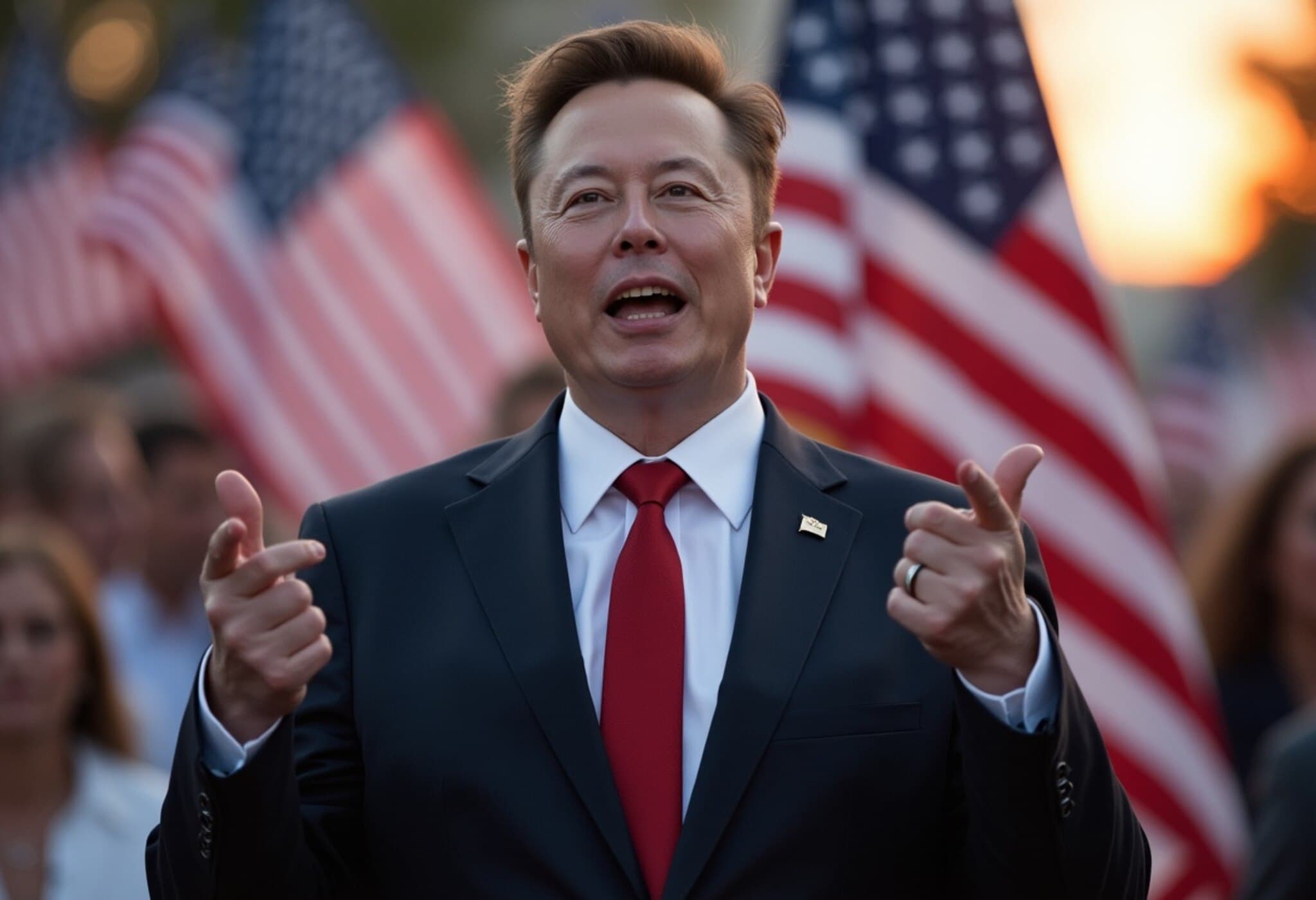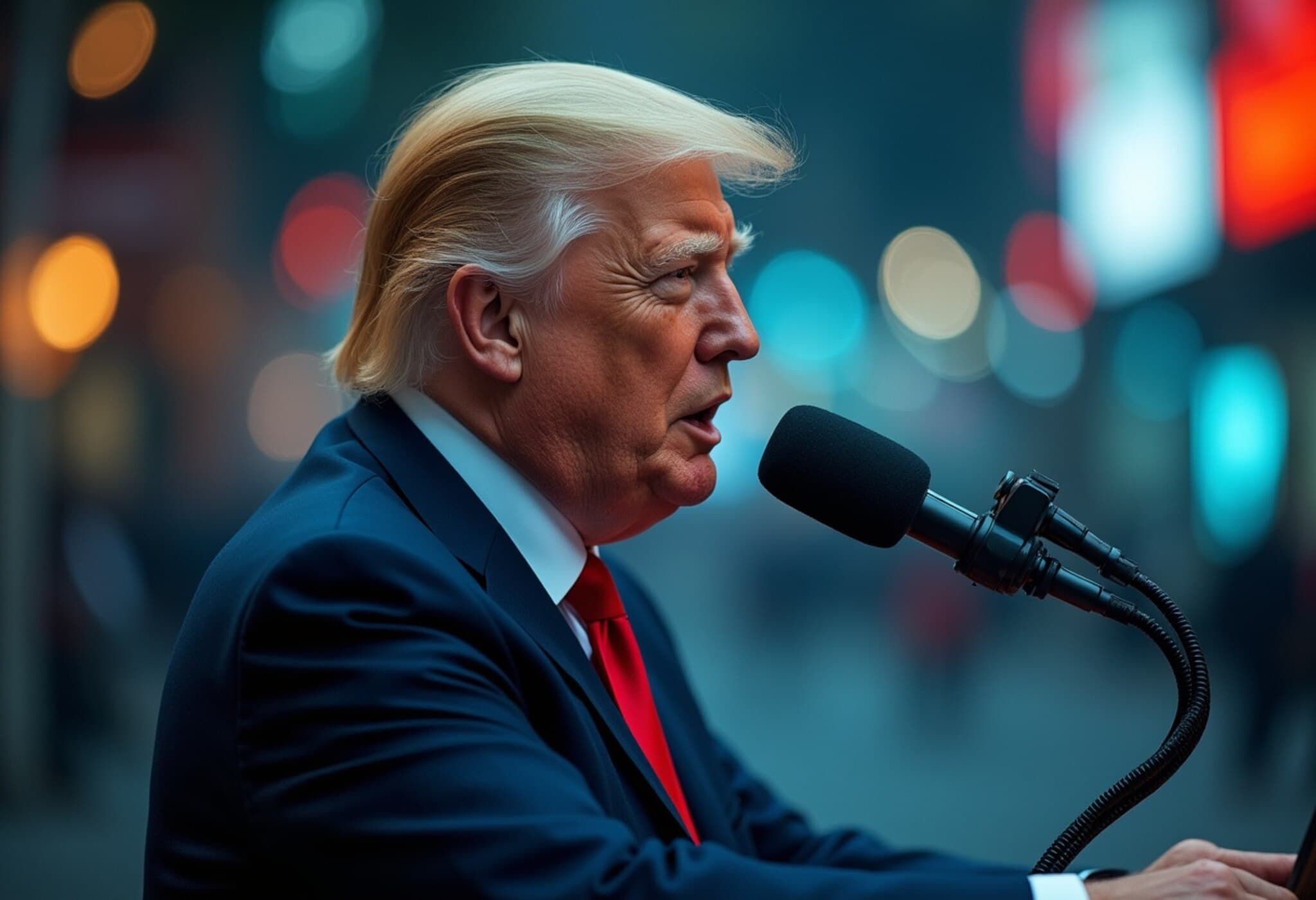Former Australian Prime Minister Scott Morrison Addresses US Congress on China’s Economic Pressure
On July 24, 2025, former Australian Prime Minister Scott Morrison took the witness stand before the United States Congress, providing critical testimony in an ongoing investigation into China’s economic coercion tactics. Morrison’s appearance underscores the growing concern among US and allied policymakers about Beijing’s use of economic leverage as a foreign policy tool.
The Context: Economic Coercion and Geopolitical Stakes
The investigation focuses on how China has increasingly wielded trade restrictions, investment blockades, and diplomatic pressure to influence the decisions of other nations, especially in the Indo-Pacific region. Morrison's insights draw from his firsthand experience navigating Australia-China relations during his tenure, when Canberra faced significant economic retaliation from Beijing after taking stands on security and democratic values.
Experts note that his testimony comes at a critical juncture amid mounting global debates on balancing trade interests with national security concerns. The US Congress is particularly interested in understanding how allies like Australia have resisted or adapted to China's economic ambitions.
Key Takeaways from Morrison’s Testimony
- Economic Coercion as a Strategic Tool: Morrison highlighted how China employs 'weaponized interdependence'—leveraging economic ties to achieve political compliance while destabilizing rivals.
- Allied Resilience: He emphasized the importance of coordinated responses among democracies to counteract coercive tactics, advocating for comprehensive supply chain diversification and stronger economic partnerships.
- Lessons from Australia's Experience: Morrison recounted Australia's diplomatic challenges, including tariffs and embargoes imposed after Canberra's calls for investigations into COVID-19 origins, illustrating the risks democracy confronts in economic diplomacy.
Why Morrison’s Appearance Matters
Morrison’s testimony provides a rare, candid perspective bridging the experiences of a key US ally and the broader strategic contest with China. It also serves as a reminder that economic coercion is not an abstract concept but a real-world challenge affecting jobs, national security, and the very fabric of international cooperation.
For US policymakers, understanding these dynamics is crucial in crafting legislation and strategies that balance engaging China economically while safeguarding democratic values and national interests.
Looking Ahead: The US-Australia Partnership and Global Economic Security
The collaboration between the US and Australia exemplifies the importance of allied unity in the face of economic coercion. As both nations and their partners contemplate next steps, Morrison’s testimony underscores the need for:
- Enhanced Economic Diplomacy: Developing forums that promote transparency and resilience in global trade.
- Strategic Supply Chain Security: Reducing dependency on vulnerable sources to mitigate coercion risks.
- Strengthened Multilateral Commitment: Coordinating policies among democracies to present a united front against economic bullying.
Editor’s Note
Scott Morrison's testimony before Congress highlights a seldom-discussed yet potent dimension of international relations: economic coercion as a tool of geopolitical influence. As economies grow more intertwined, the challenge lies not only in managing trade but also in protecting sovereignty and democratic principles. This hearing is a prompt to readers and policymakers alike to reflect on how economic policy shapes global power balances, and what steps are necessary to ensure a fair, secure, and rules-based international order.
Questions linger about how governments worldwide can effectively counter such coercion without escalating tensions into open conflict. Morrison’s insights offer a valuable window into this complex dilemma, encouraging a nuanced conversation beyond the headlines.

